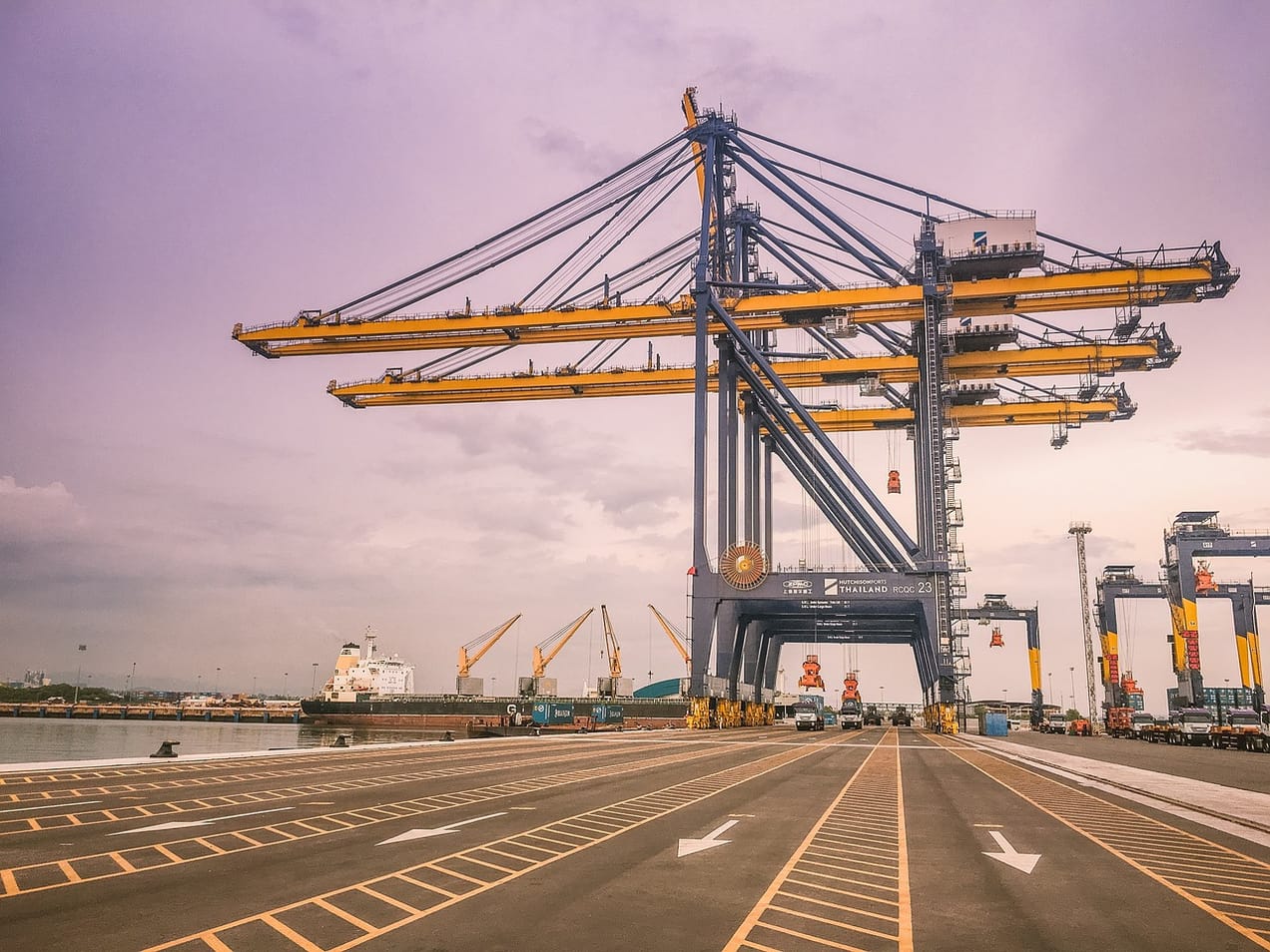
The new German supply chain law is just the beginning
A combination of local (& regional) regulation, with an increased use of international human rights law, will create long term risks for companies.
Summary: The Bundesrat, the German upper chamber of parliament, has recently approved the German Supply Chain Due Diligence Act (Lieferkettensorgfaltspflichtengesetz), which is now set to enter into force on January 1st, 2023. This obliges German companies of a certain size to perform better due diligence on their supply chains.
Why this is important: Companies are being increasingly held accountable for actions taken on territory which is not their country of domiciliation nor necessarily the country of the jurisdiction. The emergence of enforceability of human rights in the courts of Europe and the US (and elsewhere) is likely to become a massive challenge for companies, unless they start putting in place adequate policies and internal mechanisms now.
The big theme: Avoiding human rights abuses in supply chains is becoming increasingly important. This is partly about addressing inequalities and related social issues such as poverty, lack of access to education, health and housing. But its increasingly becoming an economic and financial risk. Investors need to ensure that the companies they are involved with are taking the necessary measures to address exploitation in their supply chains.

The details
Summary of a report published in minespider:
On June 25th 2021, the strive to ensure more socially and environmentally sustainable business practices reached a new level. That day, the Bundesrat, the German upper chamber of parliament, approved the German Supply Chain Due Diligence Act (Lieferkettensorgfaltspflichtengesetz), which is now set to enter into force on January 1st, 2023. The aim of this law? To better protect human rights and the environment in a global economy by obliging German companies of a certain size to perform better due diligence on their supply chains. This is no longer a voluntary CSR activity, but required by law, and companies who do not comply risk facing penalties.
Germany is not the first country to have passed a law on supply chain due diligence, and it will certainly not be the last. Already in 2015, Great Britain passed the Modern Slavery Act, which includes “Transparency in Supply Chain Provisions”, requiring companies with a turnover higher than GBP36 million to publish statements on the actions they take to avoid human trafficking and slavery happening in their business and supply chains. France passed a Vigilance Law (“Loi de Vigilance”) in 2017, which mandates French companies with more than 5,000 employees in France, or 10,000 worldwide, to adopt plans in order to address risks around human rights, occupational health and safety, and environmental damage in their supply chains. Lastly, in 2019 the Netherlands adopted their Child Labor Due Diligence Law which will, once it enteris into effect in 2022, require Dutch companies to inspect their supply chains for child labor. If they find any instances, they are required to prevent it.
Why this is important
In March this year, the EU parliament adopted the Resolution of 10 March 2021 with recommendations to the Commission on corporate due diligence and corporate accountability. In it, the Parliament sets forth recommendations for mandatory due diligence and corporate accountability directives. Among the requirements raised in the document are a monitoring of a company’s direct and indirect adverse impacts on human rights and the environment, as well those of their business relationships.
What should investors be tracking. First of all – the increasing importance of the extra-territorial obligation. What is emerging very clearly, in several jurisdictions but perhaps the most evident in Europe, is that companies are being increasingly held accountable for actions taken on territory which is not their country of domicile nor necessarily the country of the jurisdiction. This is the extra-territorial obligation to protect human rights which comes into clear play! Be mindful that the rules being applied are NOT new – but it is getting increasingly impossible to operate in a way that disregards rights, which companies have been used to respecting in the “home state” for decades, abroad.
There is a legal strand that make companies responsible for the externalities that their operations generate, making sure that they are doing all they can to manage and reduce these, and where they are not, give impacted individuals a route to legal redress. So, as an example of this – by the end of this year, the EU executive is expected to table a proposal for binding due diligence legislation to ensure Europe’s supply chains are more sustainable. And at one level the proposed carbon border tax also falls into this group. This strand will have a fairly immediate impact, with the potential for fines and negative publicity for breaches.
What some investors seem to be missing is that while Europe may be at the forefront on the regulatory aspects, but in today’s interconnected world that means that any legislation passed in the EU will have a trickle out effect on ANYBODY even remotely connected to companies working in or from Europe – who isn’t??
Second – Europe is also formalising international law directly into their own regulatory framework with a focus on companies and investors. The international laws being used have been the basis of a number of laws already – from labour regulations to rules on housing and health – but it is clear that the power of companies and investors on societies have made it clear that specific regulation for these actors has become necessary.
This means that the scope for legal action against European companies increases. Examples of this tend to be higher profile, such as the Shell case, and the various US & UK cases we have highlighted. While these cases have received considerable publicity, the underlying legal principles are often poorly understood by investors. And yet these changes are likely in the future to have the biggest impact on companies and hence investors. Change here will be slower … but the emergence of enforceability of human rights in the courts of Europe and the US – and elsewhere!! is likely to become a massive challenge for companies as we go through the decade – unless they start putting in place adequate policies and internal mechanisms NOW.
These would need to address issues around: labour standards (non-exploitation) in supply chain (as well as HOW is this enforced and controlled); fair recruitment practices; effects on societies where operations take place (including land and property issues; access to clean water; access to education); influences on participation (including positive multi stakeholder engagement but also avoiding undue influence of democratic processes); do no harm (a holistic evaluation of the impact of investments/practices); results based reporting (including transparency in challenges met and how they were dealt with). This is something all forward looking investors need to track & if necessary, start asking some tough questions of the companies in which they are invested.
Something a little more bespoke?
Get in touch if there is a particular topic you would like us to write on. Just for you.
Contact us
Please read: important legal stuff.

